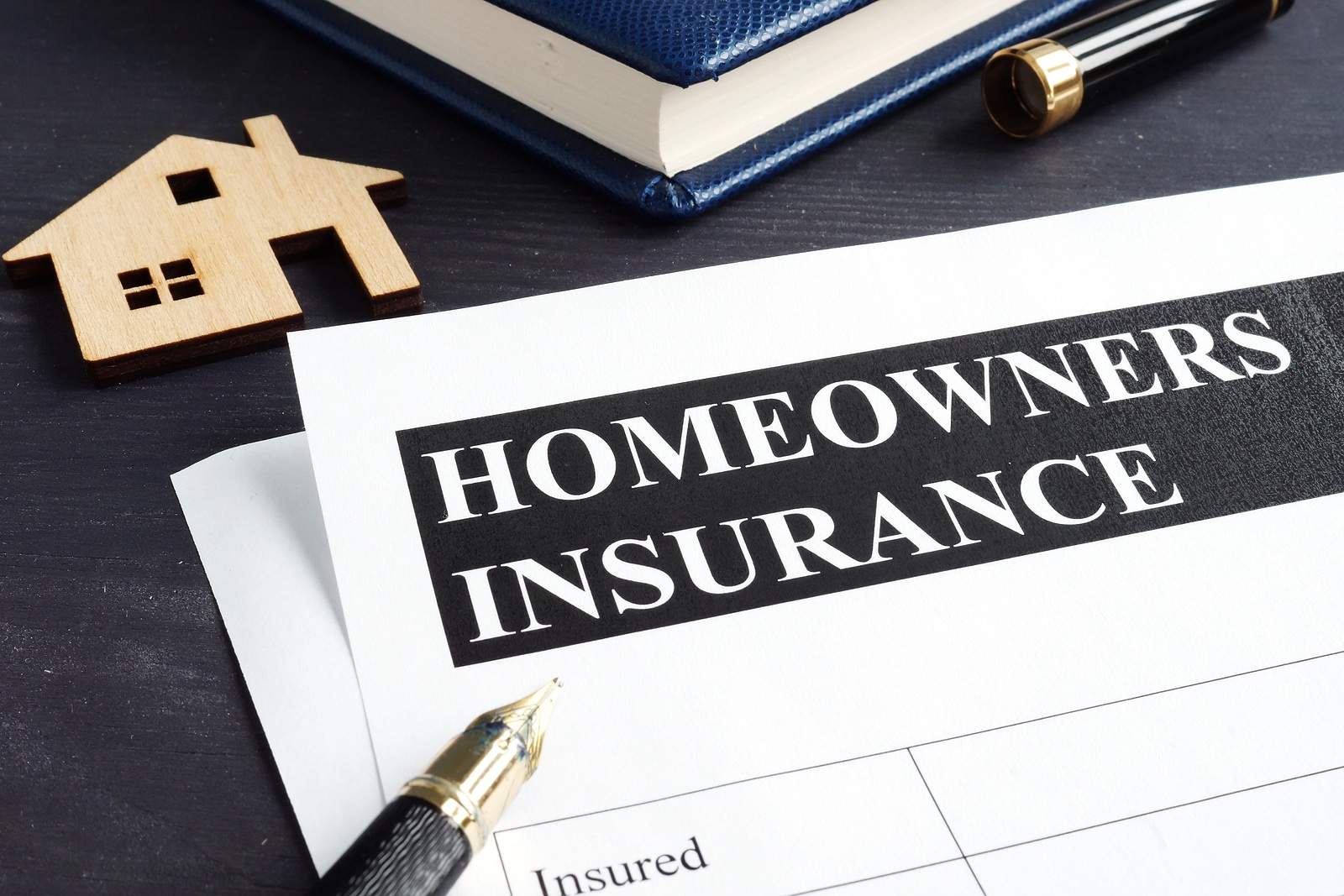Updated Florida Homeowner Insurance Requirements
Insurance carriers in Florida are making it very difficult to obtain and maintain homeowner’s insurance. In short, they are not willing to carry risk beyond the main perils (fire, lightning, windstorm, explosion, smoke, and vandalism). You are also typically covered for aircraft/vehicle collision and riot/civil commotion (although this may be excluded in some areas due to recent events).

Florida Senate Bill SB76
Florida Senate Bill SB76 (signed into law effective July 1, 2021) enacted some legislative changes which target roof damage claims and litigation against insurance companies. The main purpose of this bill in regard to roof claims is to reduce frivolous claims based on hurricane damage (often filed up to three years after a hurricane). Many of these claims are generated by roofing companies and independent insurance adjusters who advise homeowners to file roof replacement claims on aged roofs which probably do need replacement, but not necessarily from hurricane damage. Homeowners are all too happy to assign their benefits over in order to obtain a free roof replacement. I am not saying there have not been homeowners who were unfairly denied roof coverage by a carrier and needed the assistance of an independent adjuster or attorney, but I am saying there have been a large number of frivolous claims against carriers which in turn serves to drive up insurance premiums across the board; we all pay.
SB76 allows property insurers to only offer homeowner’s policies that adjust roof claims to Actual Cash Value (ACV) if the roof is over ten years old. The bill also allows property insurers to offer homeowners the option of purchasing a stated value limit for roof coverage.
Roof Surface Reimbursement Schedule
The bill provides for the carrier to include a “roof surface reimbursement schedule” for roofs that are older than ten years. The schedule must provide for full replacement value for any roof less than ten years old. For roofs older than ten years, the schedule must provide for repair, replacement, and installation based on the annual age:
- 70% for metal roofs
- 40% for concrete tile and clay tile
- 40% for wood shake and wood shingle
- 25% for all other roof types including asphalt shingle/composite shingle
A roof surface reimbursement schedule is an endorsement that modifies how your roof is insured and it limits the reimbursement based solely on age. This endorsement serves to lower your premium cost and covers the defined reimbursement for its “actual cash value” – not “replacement cost”. In other words, your reimbursement is limited to the “depreciated value”.
This endorsement only applies to damage from wind, hail, sleet, hurricane, tornado and derecho. Other damage such as fire or lightning is paid on replacement cost.
Benefits of This Endorsement
The benefit to this endorsement may mean homes with older roofs can be insured instead of being denied coverage or being forced into a state-supported program such as Citizens Property & Casualty. You may also save premium expense for a new roof as the depreciated value is minimal for the first few years.
In general, roofs are depreciated based on age and type of material. The depreciated value is determined by deducting the depreciation value from the replacement cost, i.e.:
- Metal reaches the maximum depreciation of 30% at 30 years (1% a year)
- Tile reaches maximum depreciation of 60% at 30 years (2% a year)
- 3-Tab shingles reaches maximum depreciation value of 75% at 10 years (7.5% a year)
- Dimensional shingles reaches maximum depreciation value of 75% at 19 years (4% a year)
Note: Some carriers may have a slightly different depreciation schedule, so it is important that you carefully review the depreciation schedule of the carrier.
Example of Payout
Here is an example of payout on a claim using dimensional shingles (the most common used today):
Let’s say the roof is 11 years old and the replacement cost for your 3,000sf home is $12,000 (about 30sq).
The roof has a depreciation value of ($12,000 x 44%) or $5,280.
Replacement cost of $12,000 minus $5,280 (depreciation value) = payout of $6,720.
$12,000 less $6,720 = $5,280 out-of-pocket expense to replace your roof
Any insurance payouts will also be affected by your standard deductible and/or hurricane deductible. In this case if you have a 3% hurricane deductible, your home is valued at $300,000, and your roof was damaged by hurricane, your net payout would not exceed the hurricane deductible of $9,000 so basically, the roof is on you.
Budgeting For Home Repair Expenses
In other articles, I have advised homeowners should budget to replace components in their home such as roofs, HVAC systems, water heaters, windows, etc. There is a cost to home ownership. In this case, if you had budgeted $480 per year, you would be fully funded to replace the roof however, this annual budget number would not replace the roof at 19 years of age without benefit of insurance assistance. Assuming your roof replacement cost at 19 years of age is $12,000, you would have needed to set-aside $632 a year or about $53/month.
The typical homeowner should budget about $150/month for maintenance and repairs. Obviously, higher value homes will require much more.
The end result of this new legislation is some home buyers may be able to obtain insurance when they may not have before and with a lower premium and, some homeowners may be able to extend their policy when they may have been cancelled. Conversely, there is a cost to this, and the cost is in reduced coverage.
Property360
Property360 is a fully licensed general contractor, home inspector, mold assessor and pest control operator (360PestControl). We also hold national certification as a Level II EIFS/Stucco Inspector, Certified Residential Thermographer and Certified Pool Operator (NPSF). Contact us today at (904) 503-9808 to request your inspection.